General Facts About Mini-Pigs
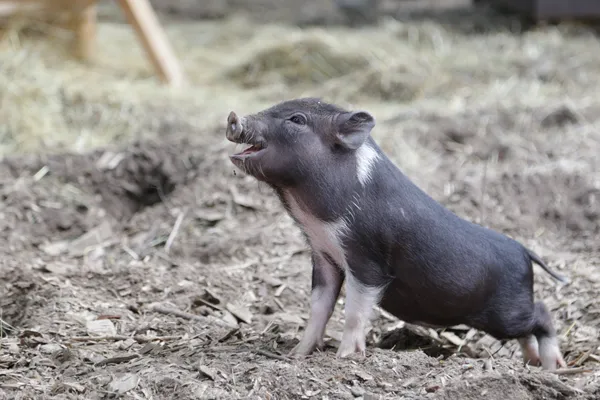
There are many breeds of miniature pigs, including the Vietnamese pot-bellied pig, Julianas, and KuneKunes. Vietnamese pot-bellied pigs typically live for 14-21 years. Mini-pigs should never be left alone unsupervised with even the friendliest dogs and cats. Mini-pigs are very smart and can be trained to walk on a leash/harness and to sit, stay, come, and retrieve objects.
Housing and Environment for Your Mini-Pig
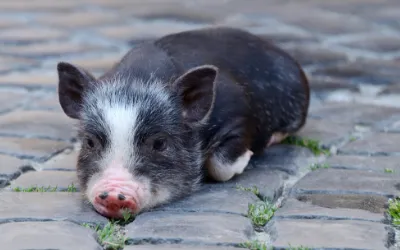
Mini-pigs may be housed successfully inside if they are given enough space, an area in which to root, and proper environmental enrichment. Ideally pet pigs should have access to a safe area of untreated lawn outside in which to root and chew on grass. Pet pigs generally like to urinate and defecate in a single area that is far from where they eat and sleep and can be trained to eliminate either inside and outside. Pigs in urban environments may be taught to walk on a leash/harness and go outside like dogs. If this is not feasible, they can be trained to use a litter pan indoors.
Veterinary Care for Mini-Pigs
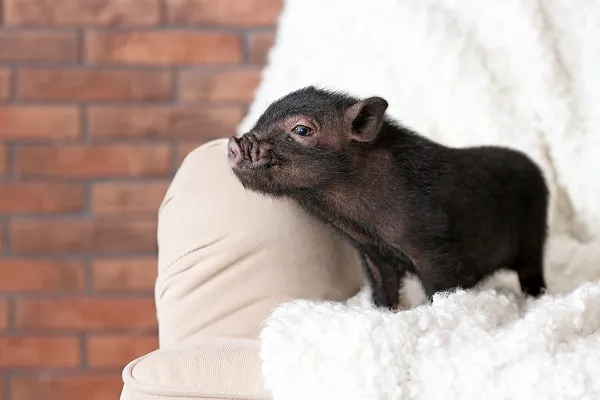
Just like other pets, mini-pigs should have a complete veterinary check-up after they are acquired and then annually after that. Your pig may need to be sedated for examination. Your veterinarian will determine the vaccines that are advisable for your pig, based on your pig’s potential exposure to pathogens, breeding status, and geographic location. An analysis of your pig’s feces should be performed annually to check for gastrointestinal parasites. Pet pigs should be screened for mites through a skin scraping. Veterinarians also will often help pig owners with hoof care and tusk trimming. Neutering of males and spaying of females is recommended for all pigs.
Common Health Problems Affecting Mini-Pigs – Part 2
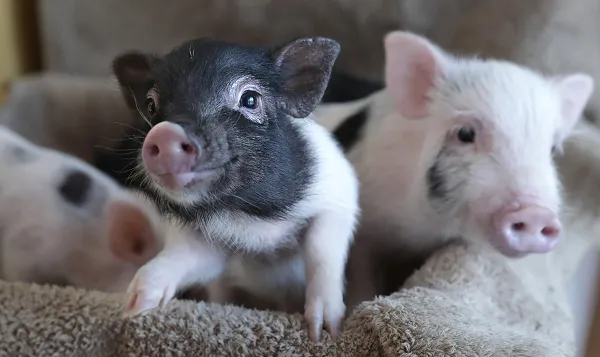
Like other pets and people, mini-pigs may suffer from numerous health problems, including those associated with the urinary and reproductive tracts, eye health, melanoma, accidental poisoning, a bacterial disease called erysipelas, and an unusual disease called Dipity Pig.
Common Health Problems Affecting Mini-Pigs – Part 1
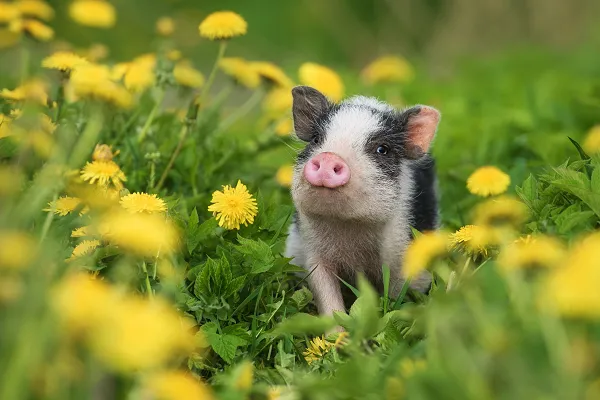
Like other pets and people, mini-pigs can suffer from numerous health problems including inner/middle ear infections, foot abnormalities, atrophic rhinitis, pneumonia, intestinal parasites and obesity. Obesity can lead to joint injury and arthritis. Mini-pigs may ingest inappropriate items leading to gastrointestinal tract blockages. If blockages are not dealt with quickly intestinal rupture and death may occur.
What is a compounded medication?

Compounded medications are not approved by federal authorities. They are medications that have been altered to provide more accurate dosing or easier administration. They have not been tested for safety, stability, potency, or efficacy.
Silver Sulfadiazine Topical
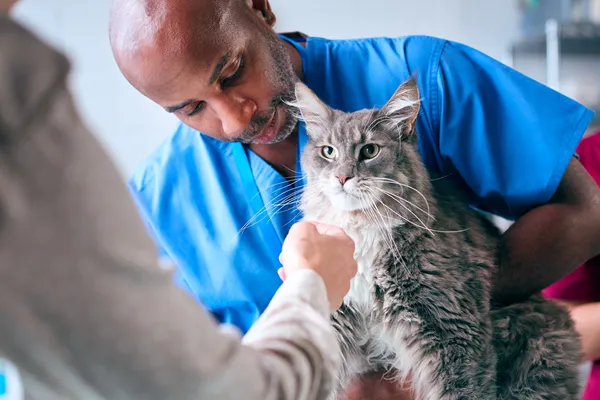
Silver sulfadiazine topical is an antimicrobial used to treat skin infections and burns in cats, dogs, and exotic pets. It is used off label in veterinary medicine. Silver sulfadiazine topical comes in a topical cream.
Serum, Autologous: Ophthalmic

Ophthalmic autologous serum is a blood-derived product used to treat corneal ulcers in animals. Ophthalmic autologous serum is part of the blood and is collected directly from the patient. It is in liquid form.
Praziquantel

Praziquantel is given on and off label and by mouth or injection to treat various internal parasites in cats, dogs, small mammals, birds, reptiles, and large animals. Do not use in pets that are allergic to it, in puppies less than 3 weeks old, or kittens less than 6 weeks old.
Olopatadine Ophthalmic
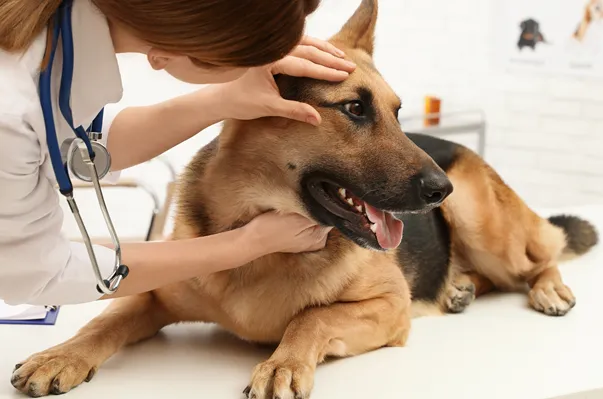
Olopatadine ophthalmic is an antihistamine medication used to treat pruritus (itchiness) of the eyes caused by allergies in animals. Olopatadine ophthalmic comes in liquid drop suspension form.

